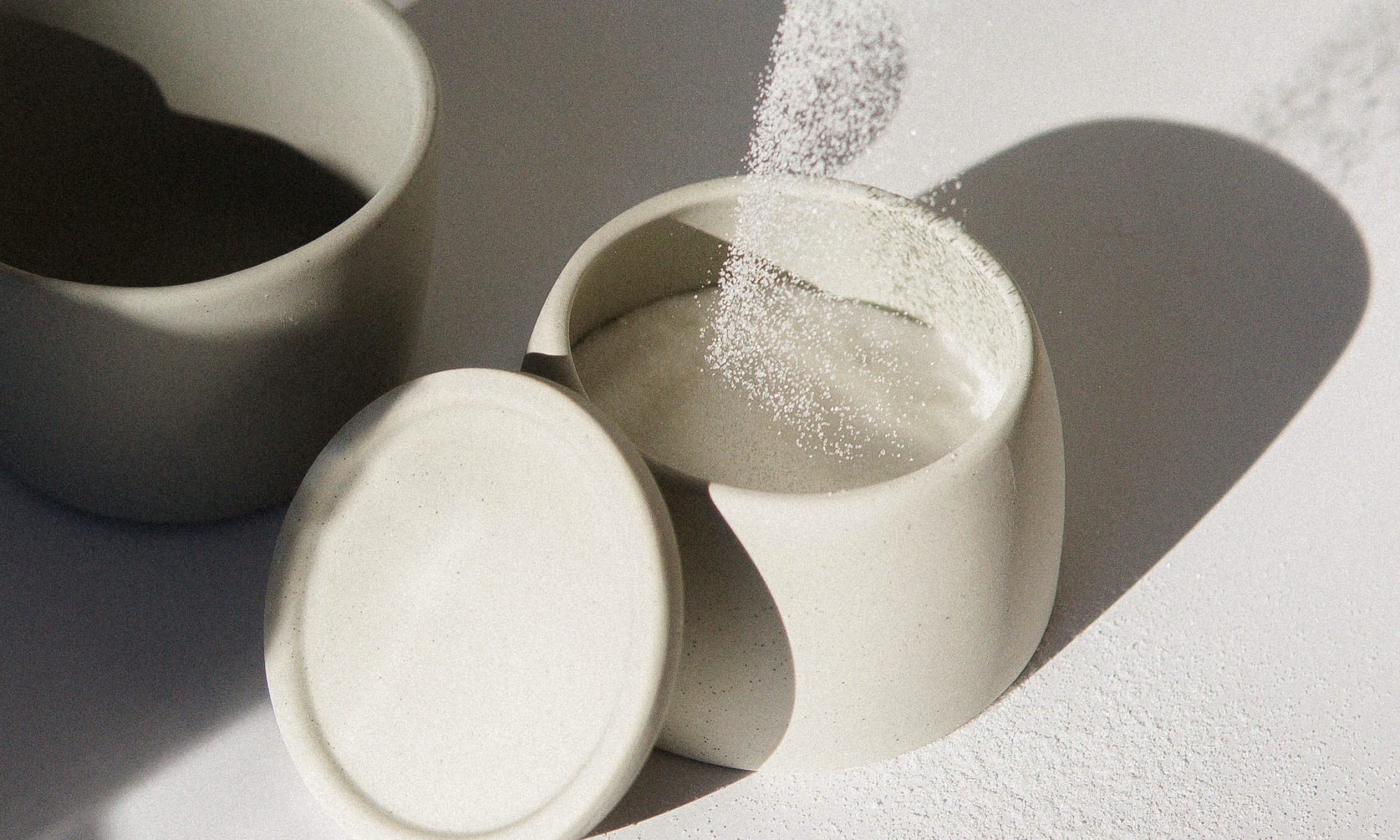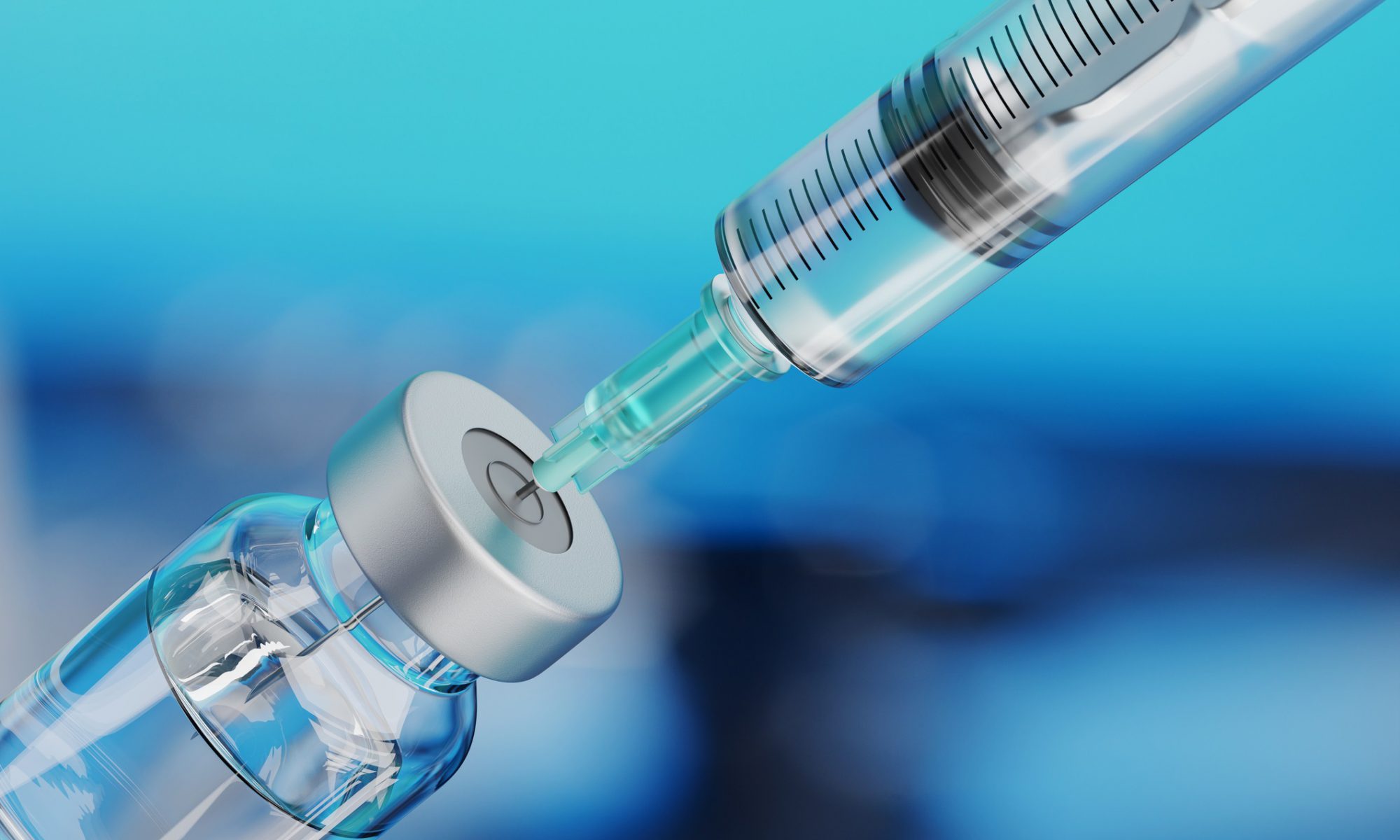Today, the average American consumes almost 152 pounds of sugar each year, which breaks down to almost 3 pounds (or 6 cups!) of sugar each week. That’s a lot of sugar – so it shouldn’t come as a surprise to that sugar may be a key factor contributing to our national obesity epidemic.
Obesity increases your risk of developing high blood pressure and diabetes, two of the leading causes of kidney disease. To protect your kidneys, it’s important to maintain a healthy weight and follow a healthy diet. This means paying attention to food nutrition labels and considering the impact sugar – in addition to fat, sodium and other ingredients — has on our diets. Read more from the National Kidney Foundation.









